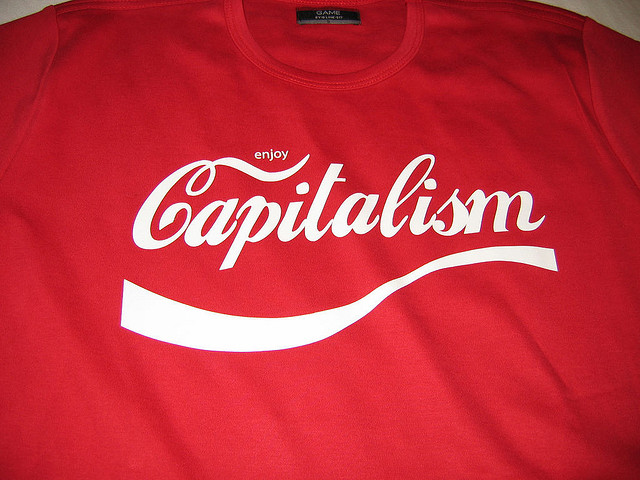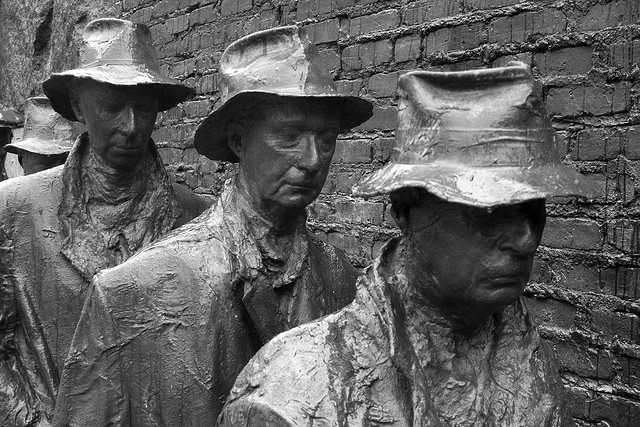Lobbying and the Misconceptions about It
Restricting lobbying would be unconstitutional and wrong. The right to petition our government is an important part of free speech. This is a representative system, after all, and those lobbyists and whomever funds them have a right to have their voices represented. Restricting lobbying would essentially mean destroying the First Amendment.
The Supreme Court has also ruled on multiple occasions that spending money on the promotion of political speech is protected by the First Amendment. This is because you are using your money to support speech that you agree with. This protection applies equally to you donating $5 to a campaign or a lobbyist from General Motors.
What about bribery?
The fact is, accepting money in exchange for any influence on legislation or the enforcement of the law is already illegal. Congressmen cannot accept gifts or funds in exchange for votes or anything else. If such actions were proven, the perpetrator could serve time in a federal prison.
The problem is that such collusion is extremely hard to prove. So what do we do? Do we throw the First Amendment out the window, even though the people we’re really trying to regulate will just go around the law since what they’re doing is already illegal? Or do we rethink the role of government in economic affairs?
As I have covered before, the cry of “money out of politics,” is shallow rhetoric. The real motivation behind these cries is government regulation of political campaigns and lobbying—further injecting politics and government into the economy, and thus creating more conflict of interest and the likelihood for corruption.
Money is in politics, as it is inevitably in any enterprise. Campaigns cost money, promoting speech costs money, paying staffs costs money. We could seek to put these mechanisms under government control, but that is the very root of the problem. Instead we have to take a sobering look at the cause of such corruption and remove the incentive for big money to try and influence lawmakers, wherever possible.






